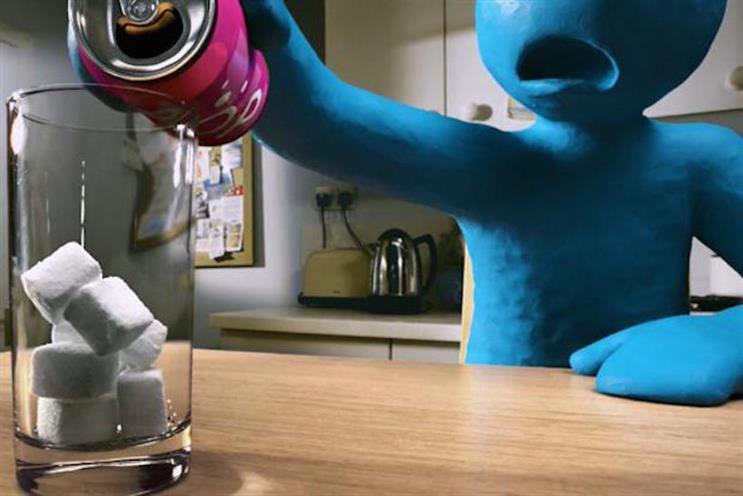
After a consultation opened last March the WHO has stuck by its previous guidance that adults and children should reduce their daily intake of free sugars to less than 10 per cent of their total energy intake.
‘Free sugars’ are defined as those either added to food and drinks or those naturally present in honey, syrups, fruit juices and fruit juice concentrates, but not those in fresh fruit, vegetables and milk.
According to the WHO the average sugar intake among UK adults is around 16%-17% and around the world intake is generally much higher among children.
Action on Sugar had hoped for a lower limit than 10%, but was "disappointed" that the WHO issued only a conditional recommendation that sugar intake should be reduced to less than 5% to "provide additional health benefits".
The WHO said it issues conditional recommendations "when the quality of evidence may not be strong" and "stakeholder dialogue and consultations are needed before the recommendation is implemented as policy".
"We have solid evidence that keeping intake of free sugars to less than 10% of total energy intake reduces the risk of overweight, obesity and tooth decay," said Dr Francesco Branca, Director of WHO’s Department of Nutrition for Health and Development.
"Making policy changes to support this will be key if countries are to live up to their commitments to reduce the burden of noncommunicable diseases."
The UK public are currently being advised by the Government to swap sugary products for healthier options via . The ads explain what type of foods to avoid but do not recommend any specific limit on intake.
Recommended




.jpg)
.jpeg)
